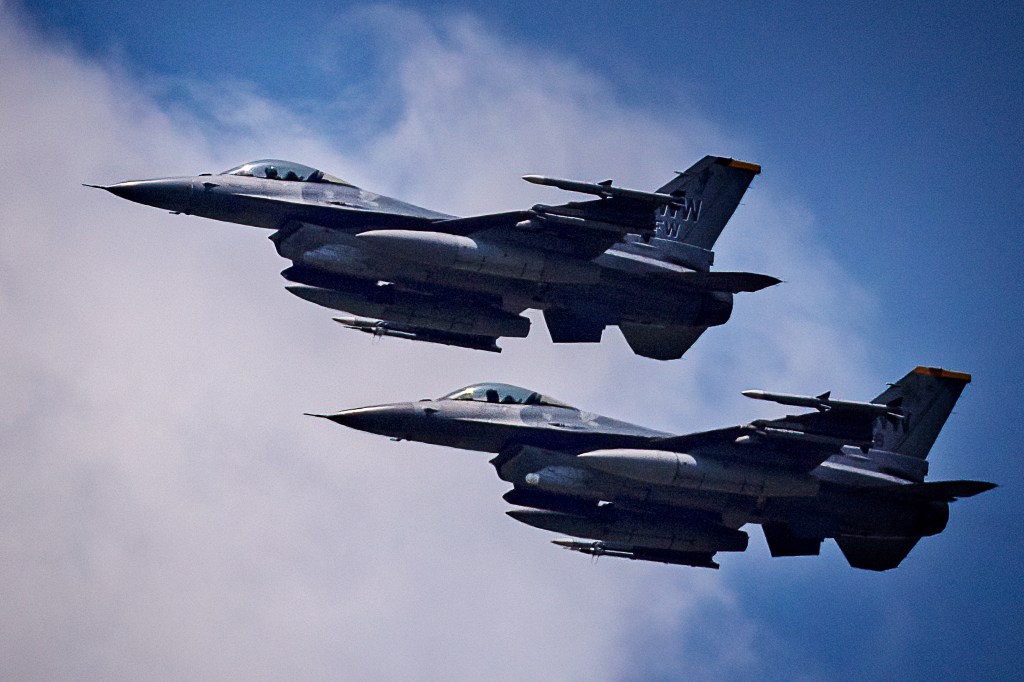SkyGeek Logistics, Inc., a New York-based company that supplies aviation products, including avionic equipment and instruments, engine parts, tools, and specialty chemicals, has agreed to pay $22,172 to settle its potential civil liability related to six apparent violations of sanctions related to Russia’s aerospace and technology sectors.
The US Treasury Department’s Office of Foreign Assets Control’s (OFAC) alleges that in 2024, SkyGeek attempted two refunds and sent four shipments to two Specially Designated Nationals (SDNs) in the United Arab Emirates (UAE) sanctioned in connection with these sectors.
OFAC contends that SkyGeek delivered key elements of Russia’s military-industrial base — elements that help it continue perpetrating its war in Ukraine.
The settlement amount reflects OFAC’s determination that SkyGeek’s apparent violations were non-egregious and that certain of its conduct was voluntarily self-disclosed, as well as SkyGeek’s cooperation with OFAC, the agency said.
Technology and compliance protocols lacking
In describing one of the problematic transactions with a UAE-based aircrafts parts supplier called Flavic, OFAC said that although SkyGeek scanned the orders to Flavic for possible sanctions issues, its screening software did not yet reflect that day’s designation of the business, resulting in no sanctions flag being raised.
The company services a critical industry sector and important clients, as it sells a broad range of aviation parts worldwide to businesses, military institutions, and government agencies.
Some orders were also put on hold due to supply backlogs, and ultimately, in late December 2023, Flavic told SkyGeek it was ceasing its operations, asking SyGeek for a refund for its outstanding orders.
Thanks to SkyGeek’s compliance protocol at the time, OFAC alleged, the procedure in place was not to re-screen previously approved parties, so at the time it initiated the refund, SkyGeek neither re-screened Flavic for sanctions issues nor took other sanctions compliance measures with respect to the refund payment.
OFAC said a downstream bank ended up blocking the refund.
Penalty calculations and some aggravating factors
OFAC determined that SkyGeek’s conduct was not egregious, and that four of the six apparent violative transactions were voluntarily self-disclosed and that the remaining two were not. OFAC said the settlement amount of $22,172 reflects its consideration of the general factors under OFAC’s Economic Sanctions Enforcement Guidelines.
OFAC enumerated the following aggravating factors as being at issue in this case:
- SkyGeek failed to exercise due caution or care for its sanctions compliance obligations when it did not institute controls commensurate with the jurisdictional and industry-related sanctions risks.
- SkyGeek had reason to know that its payments and shipments were destined for blocked persons.
- While the value of the shipments was relatively low, SkyGeek’s provision of goods to parts of Russia’s military industrial base — a sector that has supported its illegal war in Ukraine — which undermined US sanctions objectives and may have contributed to Russian military capabilities.
- The company services a critical industry sector and important clients, as it sells a broad range of aviation parts and supplies worldwide to aviators, mechanics, businesses, military institutions, and government agencies.
OFAC’s Framework for Compliance
In May 2019, OFAC published A Framework for OFAC Compliance Commitments in order to provide organizations subject to US jurisdiction, as well as foreign entities that conduct business in or with the United States or US persons, or that use goods or services exported from the United States, with OFAC’s perspective on the essential components of a sanctions compliance program.
The Framework also outlines how OFAC may incorporate these components into its evaluation of apparent violations and resolution of investigations resulting in settlement
















